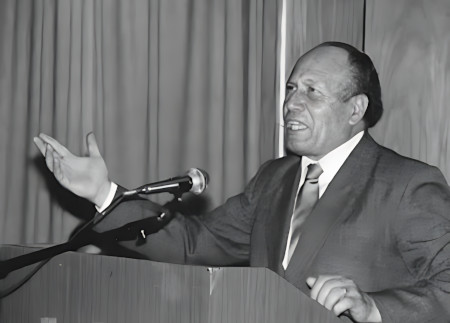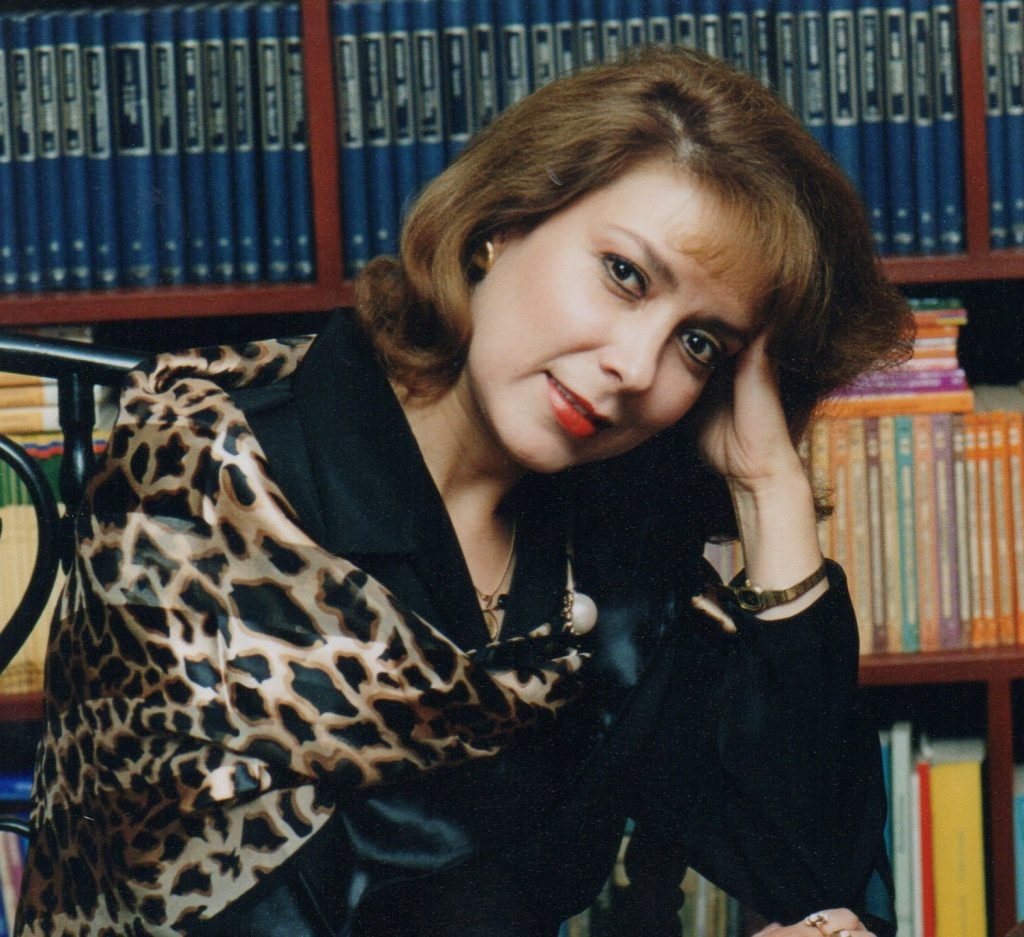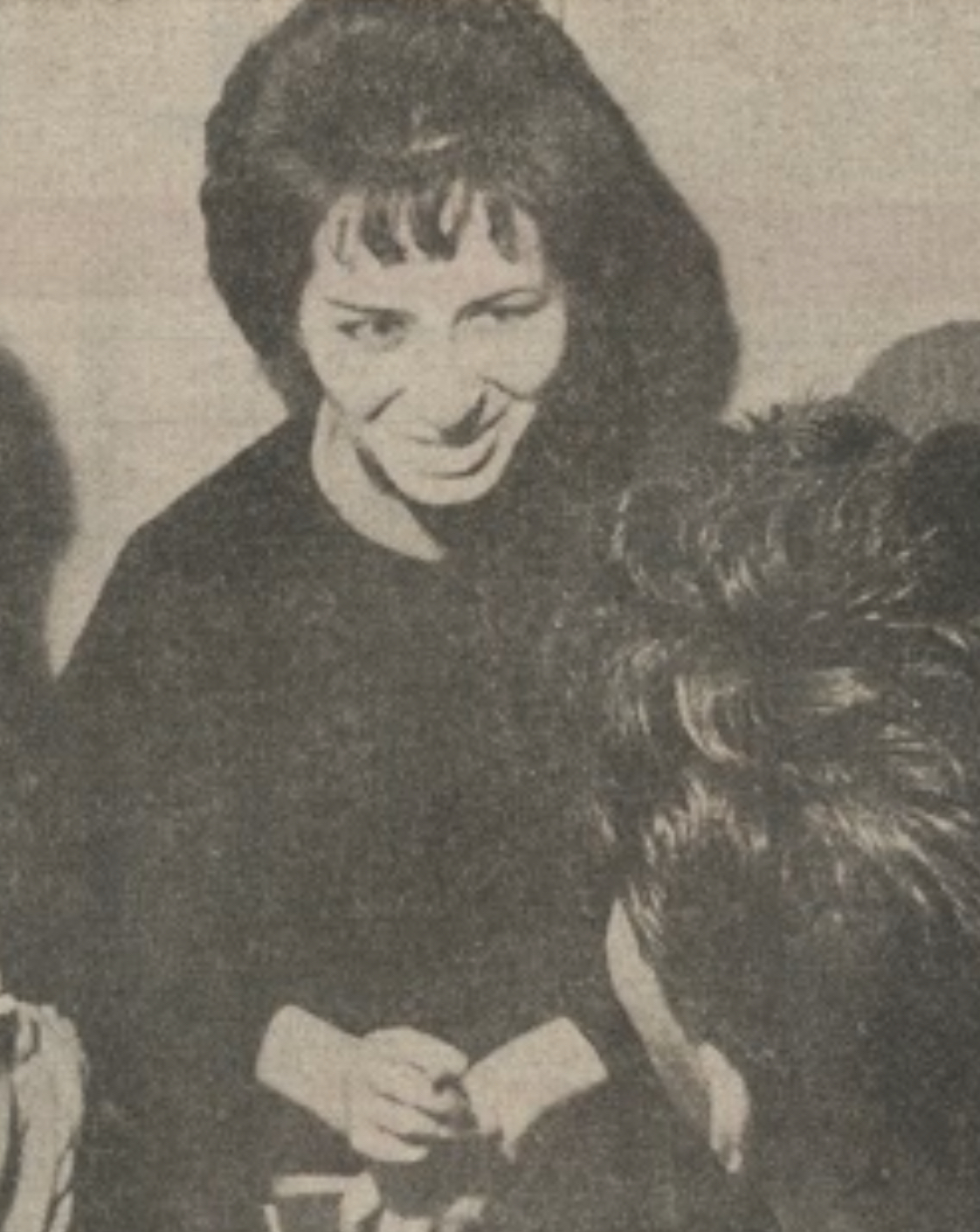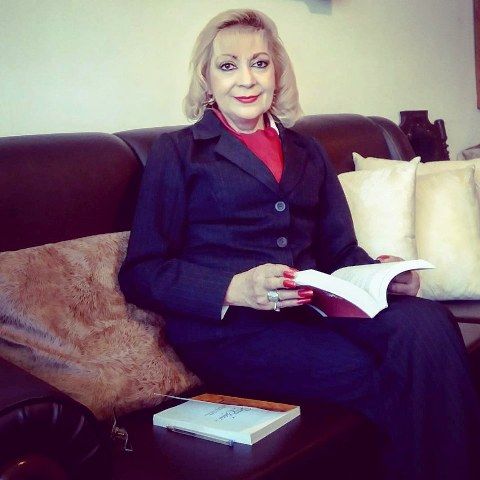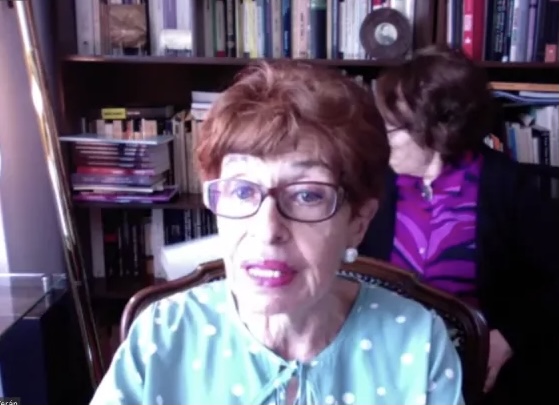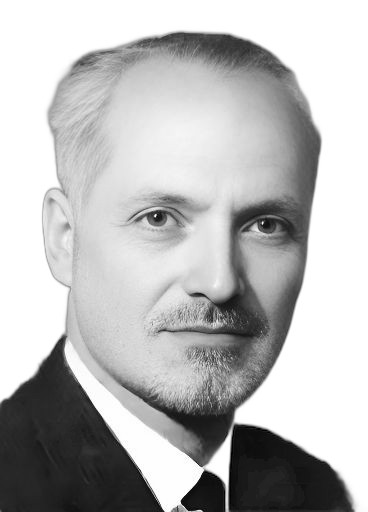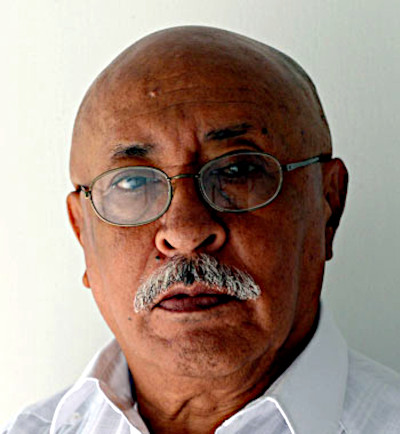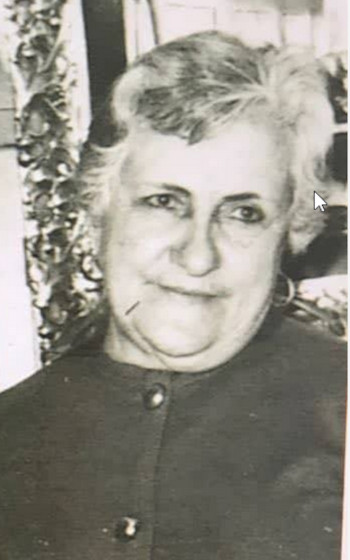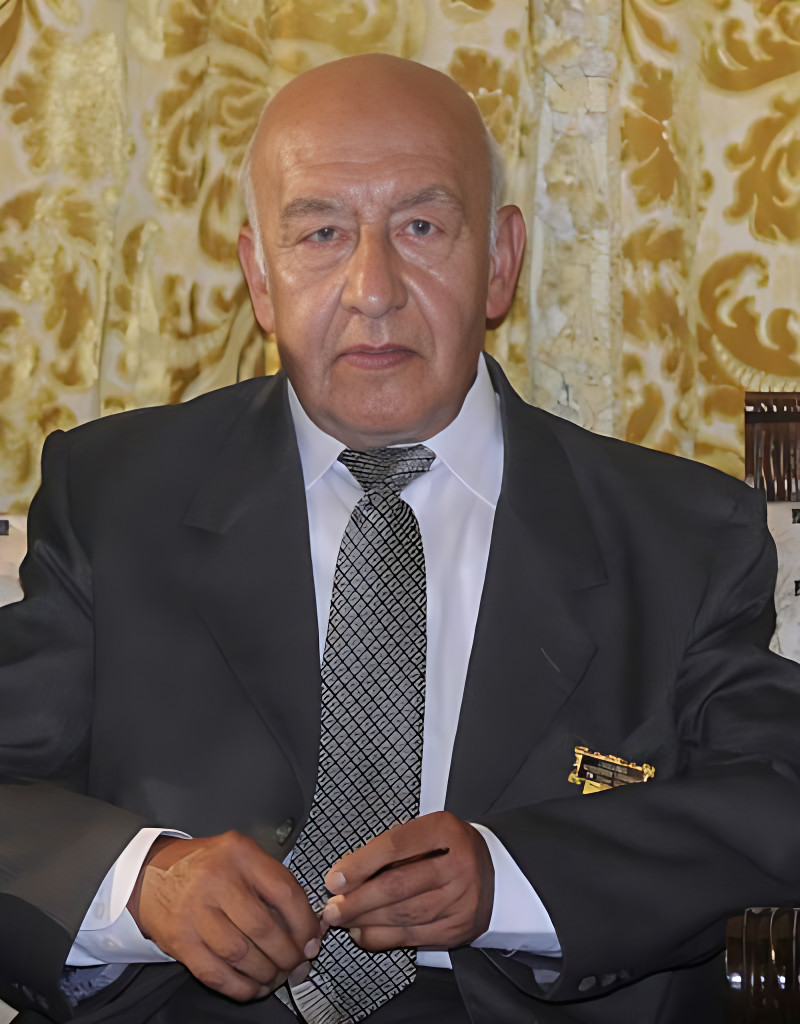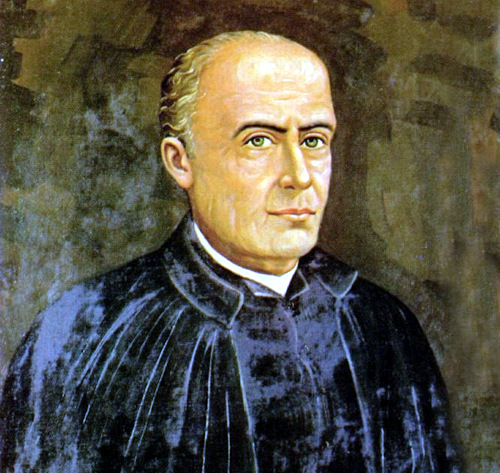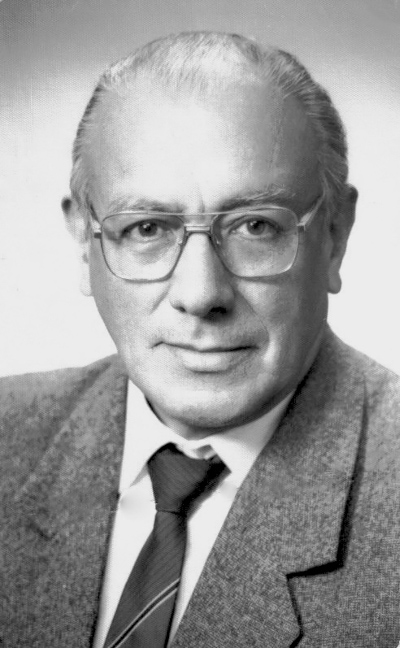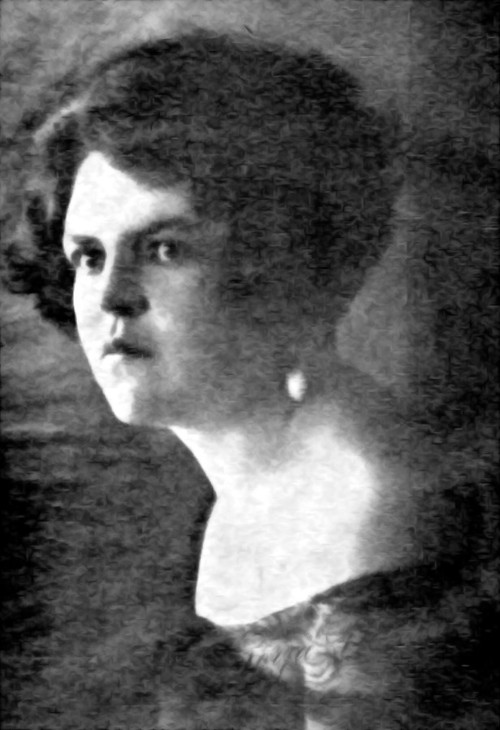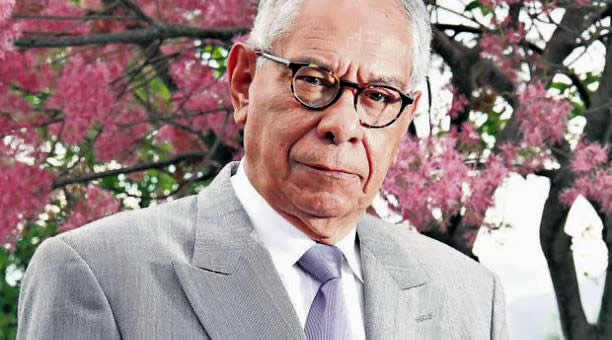Manuel Zabala Ruiz (Riobamba, 1928) is an Ecuadorian poet and university professor. He was a member of the “Caminos” group. He won several Ecuadorian national prizes, including First Prize of the Ismael Pérez Pazmiño Poetry Contest for Los cuadernos del salmista. His published poetry books include: La risa encadenada (1964), Teoría de lo simple (1970), Rumbo al otoño (1986), Obra poética completa (1998) and Poesía junta (2006).
Continue reading “Manuel Zabala Ruiz”Category: Writers from Riobamba
Jacqueline Costales
Jacqueline Costales de Torres, born Lourdes Jacqueline Costales Terán (Riobamba, 1964) is an Ecuadorian poet, writer, columnist, and former university professor. She has published 5 poetry books, a book of short stories, and a nonfiction book. She has also written for the regional magazine Panorama and the Riobamba newspaper La Prensa as a columnist. She is a member of the House of Ecuadorian Culture of Chimborazo, the “Grupo América” Cultural Corporation, and the Association of Contemporary Writers of Ecuador, where she serves as vice president. The National Assembly of Ecuador honored Jacqueline Costales for her contributions to Ecuadorian culture and education by bestowing upon her the “Doctora Matilde Hidalgo de Prócel” Award in 2020. She’s the founder and director of the Casa Cultural Somos Arte Foundation, a non-profit organization with the mission of making art accessible to people of all social classes.
Continue reading “Jacqueline Costales”Jorge Rivadeneyra
Jorge Rivadeneyra Altamirano (Riobamba, 1930) is an Ecuadorian novelist, short story writer, essayist, columnist, and professor. His first novel, “Ya está amaneciendo,” appeared in 1957. He has written several books of short stories, including: “Encrucijada” (1960), “Ismata” (1993), and “Chacamandaca”(2015). Since 2002, he has lived in Caracas, Venezuela, where he has taught doctoral students at Venezuela’s Central University as a Professor of Social Sciences.
Continue reading “Jorge Rivadeneyra”Saranelly de Lamas
Saranelly de Lamas, aka Saranelly Toledo de Lamas (Riobamba, 1933 – Guayaquil, 1992) was a poet, journalist and fiction writer. As a journalist she was the Cultural Correspondent of the newspapers El País and Occidente (Cali, Colombia) and El Tiempo de Bogota (New York, U.S.) and editor of the Art Page of the newspaper El Nacional (Caracas, Vezenuela). Her major works include: “Revenant” (1961), “Crónicas para un lugar desconocido” (1982) “Orfeo y otros cantos,” and “Los peces de jade cantan a la Paz.”
Continue reading “Saranelly de Lamas”Susana Costales Terán
Susana Costales Terán (Riobamba, March 24, 1960) is a writer and poet. She has twice served as president of the Association of Contemporary Women Writers of Ecuador, Matriz Chimborazo. She is also a member of the House of Ecuadorian Culture in Chimborazo, President of the musical group Rondalla de Riobamba, President of the Los Superstar Club, and President of the Club Antifaz. Her father was the renowned writer Luis Alberto Costales. She is currently a language and literature teacher at Unidad Educativa Jefferson, a school in the Riobamba canton. She also directs a cultural radio program, gives free public speaking classes, and conducts literary workshops and conferences. She owns and operates Café Libro El Zaguán, a cafe which aims to serve as a cultural meeting spot for poetry, art and music; it holds poetry recitals at the end of each month.
Continue reading “Susana Costales Terán”Laura Hidalgo Alzamora
Laura Hidalgo Alzamora (Riobamba, November 18, 1937) is an Ecuadorian writer, scholar, literary critic, and professor. She is the author of several books on Ecuadorian literature, such as “La mujer en la literatura ecuatoriana de tradición oral” (1989), “Décimas esmeraldeñas” (1990), and “Un lenguaje desnudo” (1995). From 1989-1990, she was the secretary general of the House of Ecuadorian Culture. Since May 11, 2016, she has been a corresponding member of Ecuador’s Academy of Language. She has lectured on Ecuadorian literature at conferences in Peru, Austria, and the U.S., including Boston, New Mexico and Kentucky. Since 1993, she has been a literature professor at the San Francisco University of Quito (USFQ).
Continue reading “Laura Hidalgo Alzamora”Ricardo Descalzi
Ricardo Descalzi del Castillo (Riobamba, September 22, 1912 – Riobamba, November 29, 1990) was an Ecuadorian novelist, historian, playwright, short story writer, translator, literary critic, university professor and medical doctor. In 1928, he founded the magazine Surcos with his Mejía National Institute classmates José Alfredo Llerena and Arturo Meneses. After graduating from high school in 1932, he published “Ghismondo,” a 100-page novel based on his experiences as a student. He also wrote the novel “Saloya” (1962), a short story collection “Los murmullos de Dios” (1959), and the stage plays “Los Caminos Blancos” (1939), “En el horizonte se alzó la niebla” (1961), and “El huasipungo de Andrés Chiliquinga” (1981). His six-volume “Historia crítica del teatro ecuatoriano” is perhaps his most important work (1968). Among his translations is “Poemas” (1969), a French-to-Spanish translation of poems by Nobel laureate Jean Poilvet Le Guenn. The Tobar Prize was bestowed upon him by the municipality of Quito in 1968. He was a member of the House of Ecuadorian Culture, the National Academy of History, and the Bolivarian Society of Quito, where he served as its vice president.
Continue reading “Ricardo Descalzi”Edwin Ulloa Arellano
Edwin Ulloa Arellano (Riobamba, 1947) is an Ecuadorian poet, novelist, short story writer, journalist, psychologist and retired university professor. Ulloa has lived in Guayaquil since adolescence. He was an official of the House of Ecuadorian Culture in Guayaquil. His books include Sobre una tumba una rumba (1992, short stories), La sombra de tu sonrisa (2014, poetry), Polvo de Ángel (2010, novel). He has worked as the general editor of the ANDES State News Agency, Diario Expreso, and La Otra Magazine, and as the director of the newspaper El Telégrafo.
Continue reading “Edwin Ulloa Arellano”Benigna Dávalos
Benigna Dávalos Villavicencio (Riobamba, ca. 1910 – Quito, ca. 1960) was an Ecuadorian composer, poet, and lyricist known for her significant contributions to the pasillo genre, a traditional Ecuadorian music style. She is best remembered for writing both the lyrics and music of the renowned pasillo “Ángel de Luz,” which became a classic in Ecuadorian music and was later popularized in Peru as “Rayo de Luz.” Dávalos was a central figure in Quito’s cultural scene, hosting gatherings with renowned musicians and intellectuals. Her legacy endures through her music and evocative lyrics, capturing the emotional depth and melancholic spirit of the pasillo.
Continue reading “Benigna Dávalos”Euler Granda
Euler Granda (Riobamba, June 7, 1935 — Portoviejo, February 22, 2018) was an Ecuadorian poet, writer, and psychiatrist. In the second half of the 1950s, he was a member of the poetic group Club 7. Later, in 1962, he was one of the founding members of the Tzántzico group in Quito, which urged a fundamental transformation in Ecuador’s approach to literature and culture. Granda is the author of 17 books of poetry. Among the honors he has received are: two first-place finishes in the Ismael Pérez Pazmio National Poetry Contest (1961 and 1996), the Jorge Carrera Andrade Municipal Poetry Prize (1988), and the Jorge Luis Borges Poetry Prize. He was also a judge for the Casa de las Américas Award (Havana, Cuba). In 2009 he was awarded the Eugenio Espejo Prize, Ecuador’s highest literary honor.
Continue reading “Euler Granda”Juan de Velasco
Juan de Velasco y Pérez Petroche (Riobamba, January 6, 1727 – Faenza, Italy, June 29, 1792) was an influential 18th-century Jesuit priest, historian, and professor of philosophy and theology from the Royal Audience of Quito. He dedicated his life to intellectual pursuits and made significant contributions to various fields of study. Velasco’s most notable work, “Historia del Reino de Quito,” sheds light on the existence of a pre-Inca kingdom in Ecuador, leaving a lasting impact on the country’s historical narrative. His scholarly endeavors extended beyond history, as he also wrote textbooks on physics and anthologies of poetry. Velasco’s versatile expertise and commitment to knowledge continue to be admired, making him a celebrated figure in Ecuadorian intellectual and cultural heritage.
Continue reading “Juan de Velasco”Luis Alberto Costales
Luis Alberto Costales Cazar (Riobamba, December 24, 1926 – Ibidem, February 1, 2006) was an Ecuadorian poet, writer, historian, philosopher, teacher, orator, farmer, and politician. Renowned as a multifaceted figure, Costales left an indelible mark on Ecuadorian literature and politics. His literary repertoire includes notable works such as “Bucólicas y Una Vida Simple,” “Sobre el Pomo de la Tierra,” “Exiliado en el verso,” and “Rutas de Sombra y de Sol.” Notably, he co-founded the Democratic Left Party and played a significant role in shaping the political landscape of Ecuador. Throughout his life, Costales remained dedicated to his principles, promoting ideals of love for his city, patriotism, and deep moral values.
Continue reading “Luis Alberto Costales”Luz Elisa Borja Martínez
Luz Elisa Borja Martínez (Riobamba, May 15, 1903 – Riobamba, July 10, 1927) was an Ecuadorian poet, pianist, painter, and sculptor. In only 24 years of life, she amassed an extensive body of written work, which her brother Luis Alberto published after her death in two books titled “Cofre Romántico” and “La Bella Durmiente.” The second book contains the poem “Quiero Llorar” (I Mourn), which she wrote in 1918, at the age of 15, after the death of the mother superior of the Riobamba Sisters of Charity. It has seven stanzas, two of which became the lyrics for the Ecuadorian pasillo called “Lamparilla.” The music was composed by Miguel Ángel Casares Viteri, who was inspired by Borja’s poem and his dismay over the damage caused by a Chanchán River flood. Some of her original works can be found at the House of Ecuadorian Culture in Chimborazo.
Continue reading “Luz Elisa Borja Martínez”Marcelo Lalama Basante
Marcelo Lalama Basante (Riobamba, 1942 – Quito, 2017) was an Ecuadorian novelist and a medical doctor. His debut novel “Los Nazarenos” won the Aurelio Espinoza Pólit Prize in the year 2000 and the Joaquín Gallegos Lara Prize in 2001. His other works include “Santamaría de los Volcanes” (awarded First Prize in Literature from the Central University of Ecuador in 2008) and “Hospital Real de la Misericordia” (2013).
Continue reading “Marcelo Lalama Basante”
